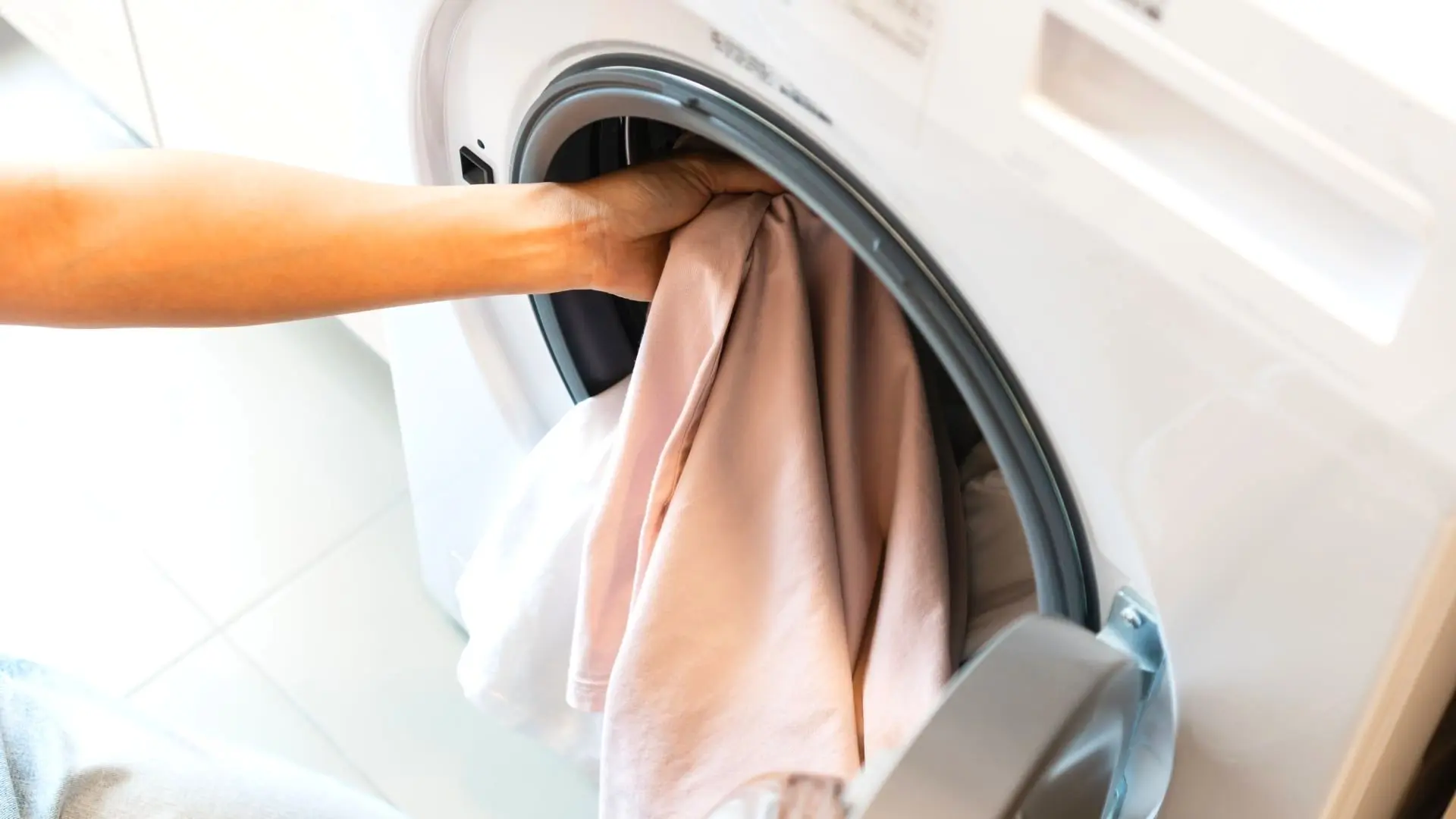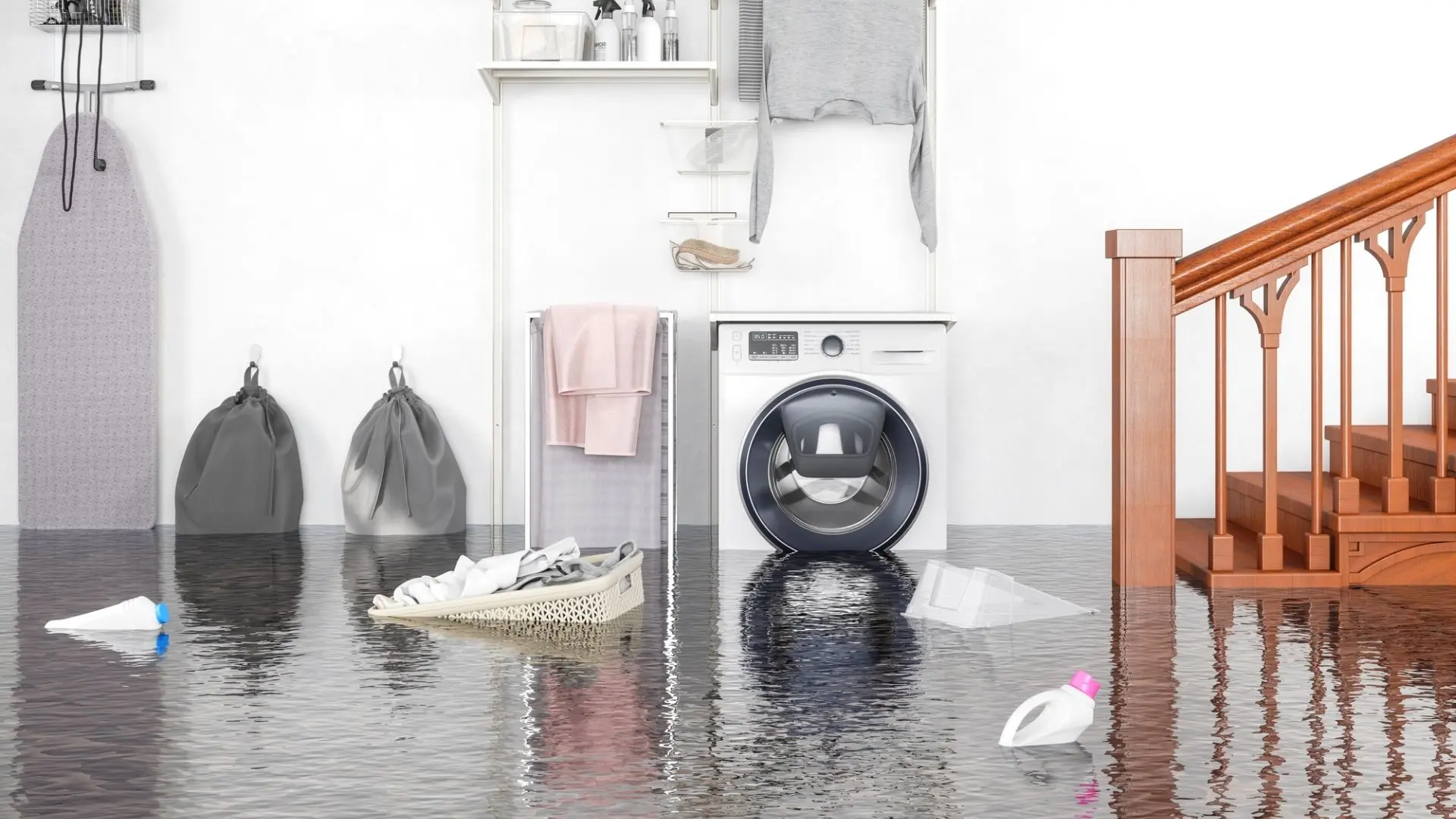Is your laundry drain leaking, or is your sink giving you problems? Water spilling out isn’t just a nuisance; it can ruin your floors, stain walls, and foster unhealthy mould and fungus growth.
There are several reasons your sink might be leaking. The washing machine outlet box might be blocked, stopping water from flowing properly. Alternatively, the water line or tap might have a leak, causing the sink to spill over.
So, if you’re wondering, “Why is my laundry sink leaking?” Here are some ways to solve that problem!
Why Is My Laundry Sink Leaking?

A washing machine outlet box is situated above and behind the machine and fosters the supply valves that help the machine run smoothly. It works to shut down the water supply and usually has a standpipe hole for the drain.
The dirty water is pumped out as clothes are washed, and clean water rushes in. The contaminated water is then expelled via a hose connected to the main sewer.
Interestingly, the majority of leaks occur around the washer box. One of the first things to check is whether the hose is connected correctly to the box. If that’s a yes, inspect the hose further to check for any cracks causing the water to seep.
If none of this helps, the leak could be due to a blockage in the hose. So, what precisely is clogging your hose? Some of the most common clogging agents are:
1. Lint
Fuzz from fabrics can sometimes go into the utility sink from the washing machine. The lint tends to clump together when that happens since it is wet. Lint is one of the most common reasons for a drain clog, but it is easy to identify and extract.
2. Hard Water
Hard water is when there’s a high magnesium and calcium content.
Besides being unsafe for consumption, hard water can also cause clogs in your hose. It occurs when it mixes with detergent powder, soap, and other cleaning supplies, creating a thick lump that doesn’t allow water to pass through. Since the water can’t get past it, it bubbles back up and starts to leak.
3. Laundry Detergent
Some detergents solidify when mixed with water, coating the pipe walls, which blocks water flow. It gets worse if lint or hair adheres to the soap, clogging things up further.
4. Scraps From Pockets
Some of us toss clothes in the washer without checking our pockets. We recommend constantly checking any clothes you might want to wash because items like tissues, loose change, and plastic wrappers can block the appliance hose if they enter the washing machine.
When the clothes are washed, the water pressure pushes these odds and ends down the drain via the utility sink. More significant pieces can clog the drain and make it difficult for water to pass through.
Having identified some culprits for clogs, let’s see how we can stop them from happening.
Steps To Avoid A Laundry Sink Blockage
Here are some steps by which you can unclog your drain or prevent a clog from happening:

1. Using A Washing Machine Hose Lint Catcher
Placing a lint trap at the tail end of the washer hose will prevent debris from reaching the drain.
2. Using A Hair/Lint Catcher On The Drain
If you don’t have a lint catcher or wish to add an extra layer of protection, a lint catcher on the drain is a good idea. Installing one is easy and can block lint and hair from entering the drain.
3. Correcting Problems Regarding Hard Water
If ignored, hard water can cause blockages and other plumbing issues. A whole-home water softener could be the answer, tackling multiple plumbing concerns in one hit.
Despite these preventive tips, clogs can still occur. In such a case, a licensed plumber is your best bet. They’ll unclog the drain and use special tools to restore your water flow.
A DIY job might save you money, but it can often create problems in the long run. So, a professional will be your best bet for providing top-notch plumbing services and eliminating plumbing issues.
Here are a few ways in which a licensed plumber can help you:
1. Drain Inspection
The plumber will diagnose the problem professionally and determine the clog’s source by thoroughly inspecting the drain.
2. Clog Removal
Chemical drain cleaners are the best way to remove clogs but can be a safety hazard. If you’ve got little to no experience using them, a wrong move could threaten your health, which is why a professional will be able to repair or handle them best.
A plumber usually removes the debris by blasting water at very high pressure into the clogged drain or blocked pipe. As a result, all the collected trash gets ejected out of the drain effectively.
3. Buildup Reduction
A leaky drain may not always be wholly clogged but might be close to a severe drainage problem. If a layer of detergent is lining the pipes and making them slimy, or if grime is stuck to the walls, a plumber can clean it for you. This dramatically reduces the odds of the problem recurring in the future.
Fixing The Leak In Your Laundry Sink
Though clogging is one of the most common reasons for a laundry sink leak, other issues can be. Old pipes that have reached their life expectancy, a main sewer line blockage, a malfunctioning water valve, and even low water pressure can cause a leak.
In some cases, you may need to contact the council since water pressure and sewer line problems are out of the control of regular people. On the other hand, problems with the machine will have to be handled by the manufacturer. However, for plumbing issues, a licensed professional is needed to provide quality plumbing service and replace or repair your drainage or pipes. Aside from fast and efficient services, they have the tools and methodology to work on your plumbing problems efficiently.
That’s a wrap on our guide. Hopefully, this helps you figure out what’s causing your laundry sink to leak. Take care and stay safe!














